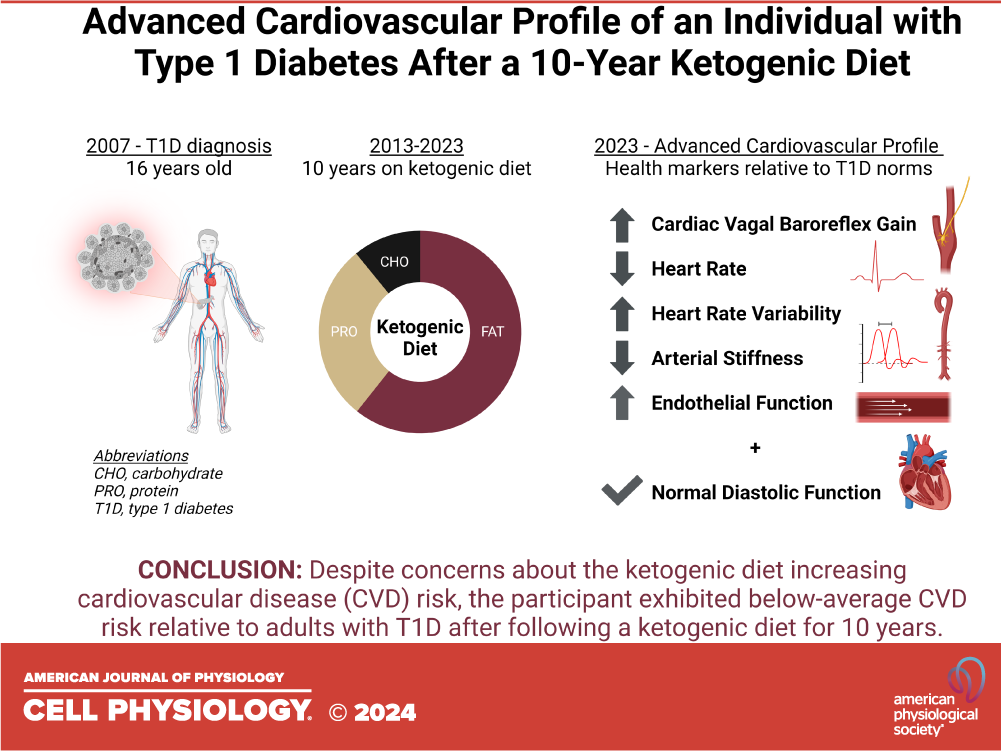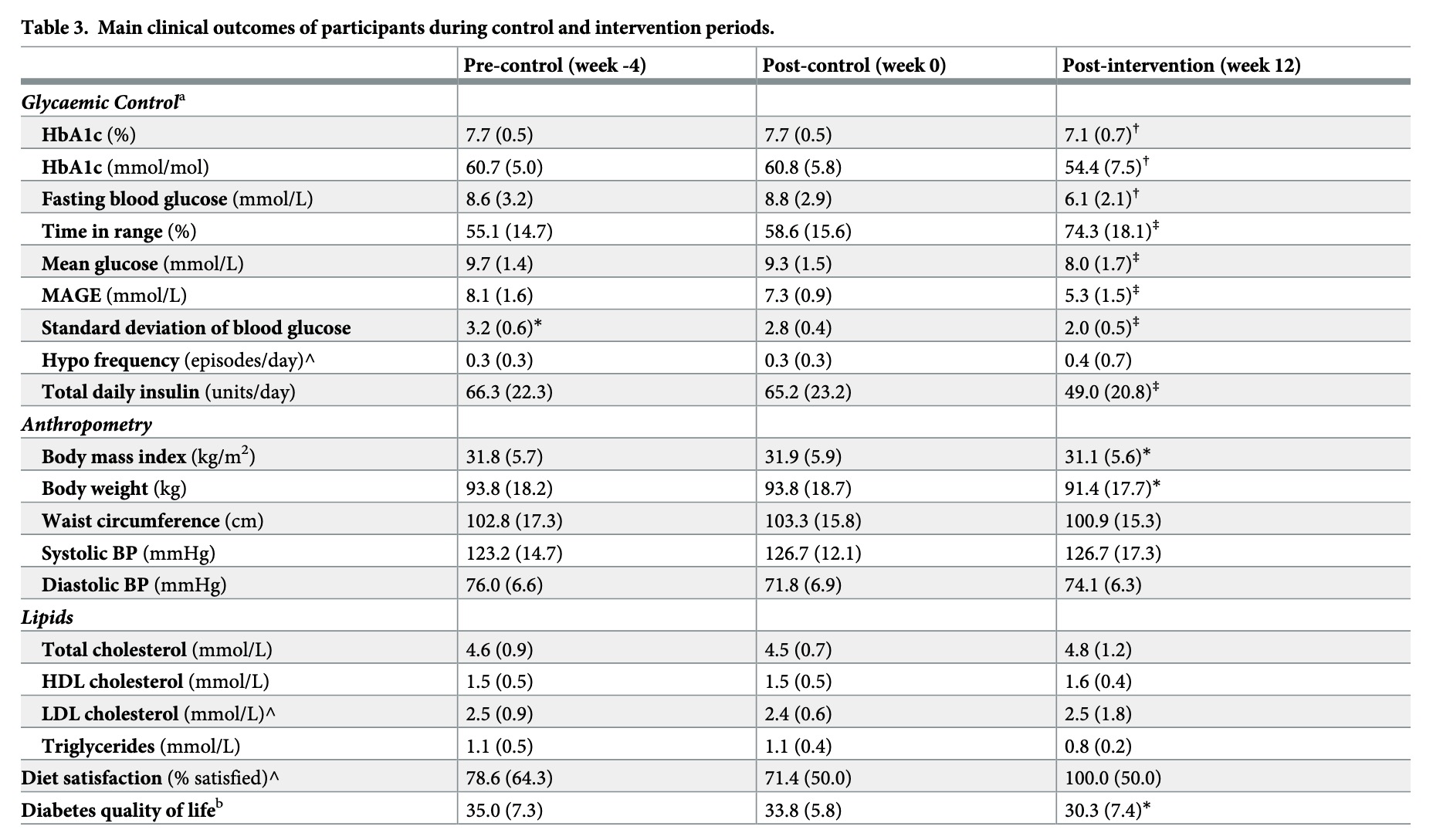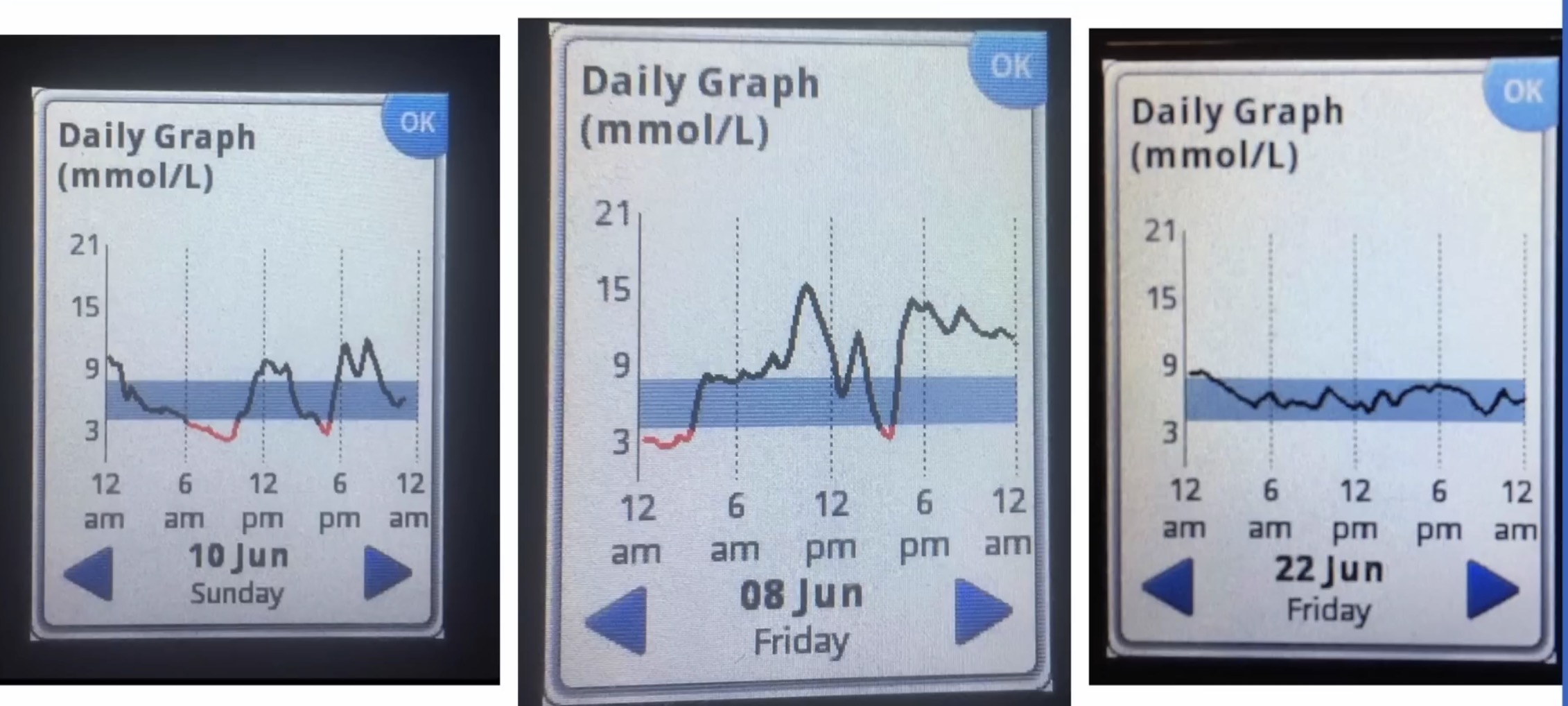Dr. Andrew Koutnik, a leading researcher in the field of biomedical sciences with a strong background in exercise physiology. Dr. Koutnik shares his insights as a type one diabetic who has dedicated his career to researching this condition, particularly the effects of low-carb and ketogenic diets on exercise performance and diabetes management.
In this discussion, we dive into the controversial claims surrounding the potential for low-carb and carnivore diets to prolong the honeymoon period in type one diabetes. Dr. Koutnik provides a comprehensive overview of the current treatment landscape, including the promising developments in immunomodulatory drugs and their potential to extend the honeymoon period for patients.
We also explore the significance of glycemic control and its relation to long-term health outcomes for diabetics, comparing the roles of technology and diet in managing blood glucose levels. Dr. Koutnik shares his personal experience and knowledge, drawing on ten years of data from his own life to illustrate the impact of a low-carb diet on diabetic health over the long term.
Timestamps:
00:00 Trailer
01:15 Introduction
06:42 Historical diabetes diets: early low-carb treatment
09:11 Barriers in curative therapies
13:15 Glycemic control in type 1 diabetes 1
06:40 Glycemic control crucial in type 1 diabetes
18:54 Insulin dose impact on type 1 diabetes
22:45 Peripheral insulin resistance in type 1 diabetes
26:52 Exercise for insulin sensitivity boost
27:40 Exercise regularly for insulin sensitivity
33:41 Low-carb diets and prediabetes
35:41 Endurance exercise and insulin resistance
37:42 Nutrition change resolves symptoms
43:56 Protein's impact on type 1 diabetes
45:17 Optimizing insulin kinetics for protein
48:35 Increased protein intake for jiu-jitsu
53:40 Ketogenic diet's cardiovascular impact
54:37 Where to find Andrew
Andrew has a interesting list of publications: https://andrewkoutnik.com/scientific-publications/
Especially this one: Advanced cardiovascular physiology in an individual with type 1 diabetes after 10-year ketogenic diet https://doi.org/10.1152/ajpcell.00694.2023


